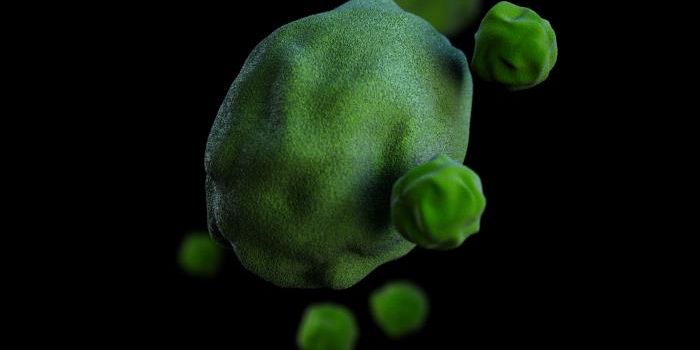A group of German and Israeli scientists have successfully grown human liver cells in the laboratory that did not lose their metabolic function.
The cells, called hepatocytes, make up about 80 percent of the liver’s mass. The human liver is the only organ that has the ability to rapidly regenerate lost tissue. As little as
25 percent of a liver can regenerate into a whole liver.
Unfortunately, hepatocytes lose their regenerative ability when removed from the body. Scientists who previously tried to tackle the problem ended up with cancer cells with little metabolic function. This inability has been a major obstacle for scientific, clinical and pharmaceutical development.
The scientists based their research on the
German Cancer Research Center’s early work on HPV. They demonstrated that weak expression of Human Papilloma Virus (HPV) E6 and E7 proteins released hepatocytes from cell-cycle arrest, a stopping point in the cell cycle. The
expression allowed the released hepatocytes to rapidly increase in response to Oncostatin M (OSM), a protein important in liver regeneration. Thus, the stimulation of OSM caused the cells to rapidly multiply.
They were careful to select colonies of human hepatocytes that only rapidly multiplied in response to OSM. The cells doubling time was 33 to 49 hours. Removal of OSM caused the cell to stop growing and, within 4 days, become highly functional liver cells. The method, called the upcyte© process, allows the cells to double 35 times since their primary isolation in the lab; resulting in approximately 1015 quadrillion cells from each liver isolation.
The strength of method lies in its ability to generate liver cells from multiple donors of ethnically diverse backgrounds, said biochemist Joris Braspenning, who led the German group. "[It enables] the study of patient-to-patient variability and idiosyncratic toxicity."
“Our technology will enable thousands of laboratories to study fatty liver disease, viral hepatitis, drug toxicity and liver cancer at a fraction of the current cost,” lead author and biomedical engineer Yaakov Nahmias said. The pharmaceutical industry routinely uses human hepatocytes when studying the major problem of hepatotoxicity, liver damage caused by a chemical or medicine. It is the most common reason for a drug to be withdrawn from the market. The development could additionally advance creating bio-artificial liver support for patients awaiting transplantations.
The
study was published online on October 26, 2015, by the journal
Nature Biotechnology.
Source:
The Hebrew University of Jerusalem via
Science Daily









